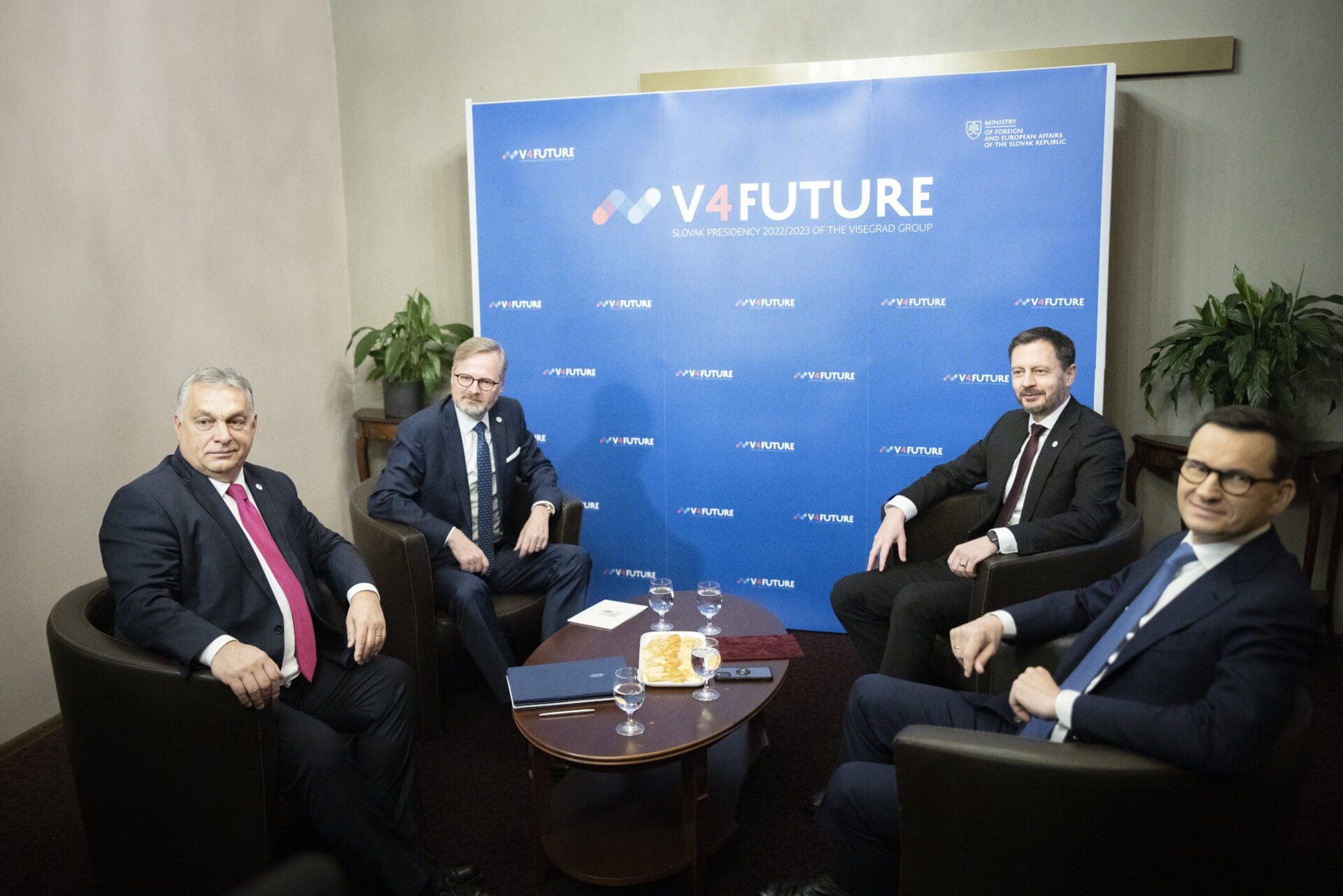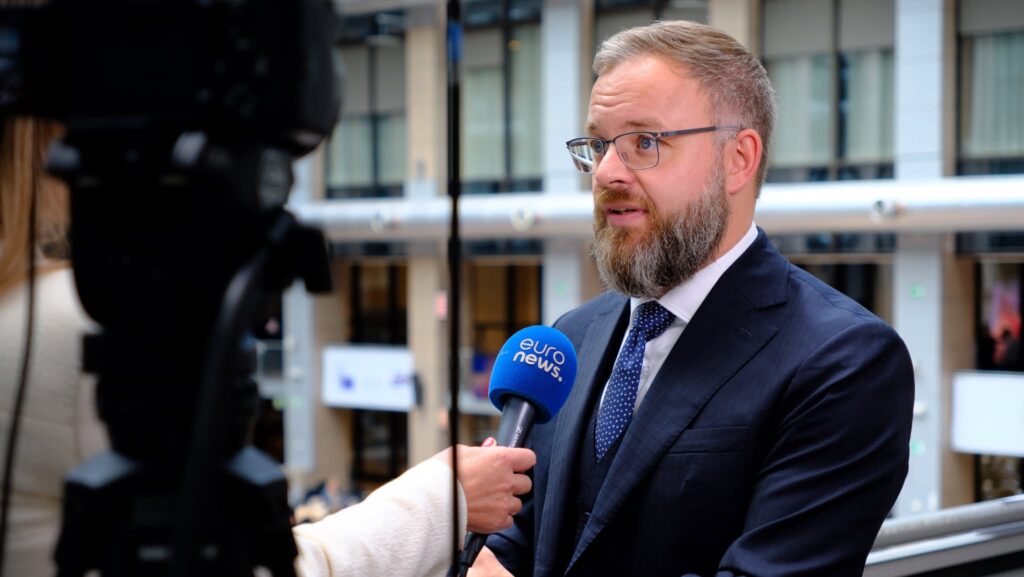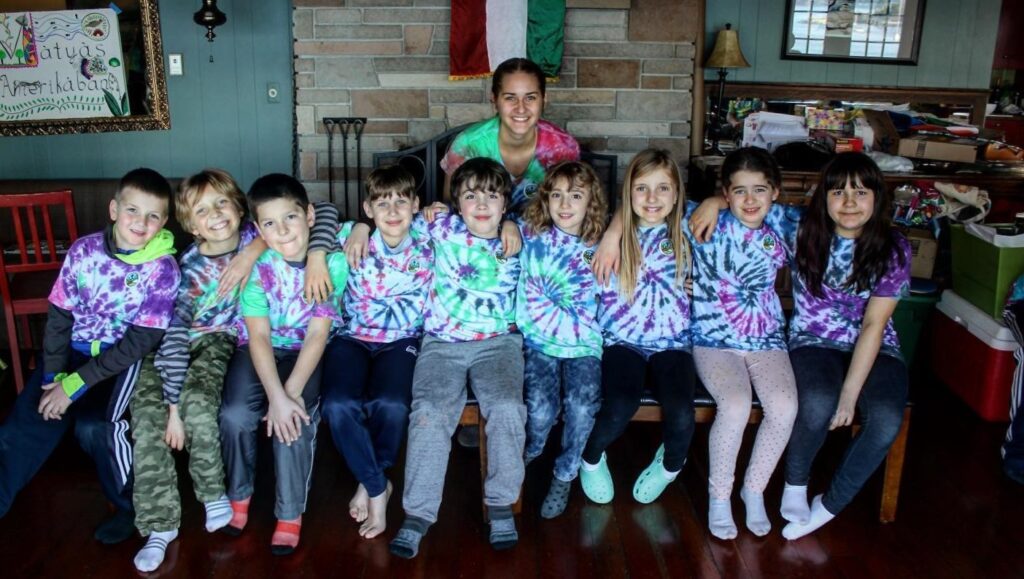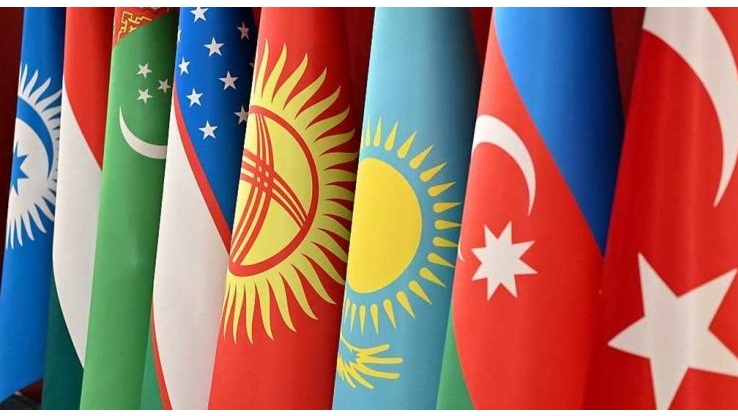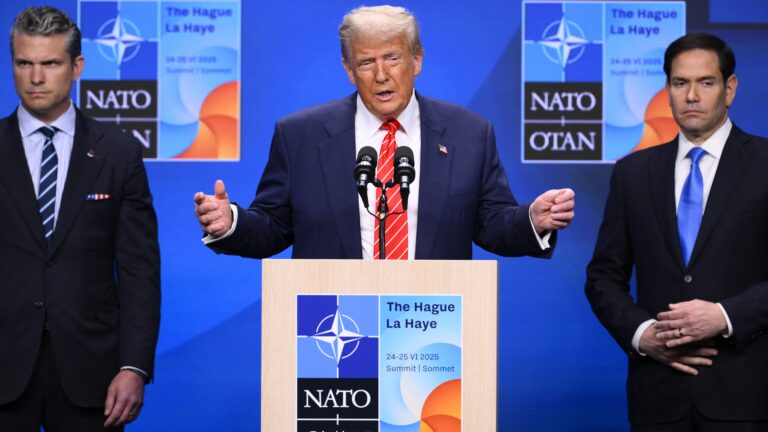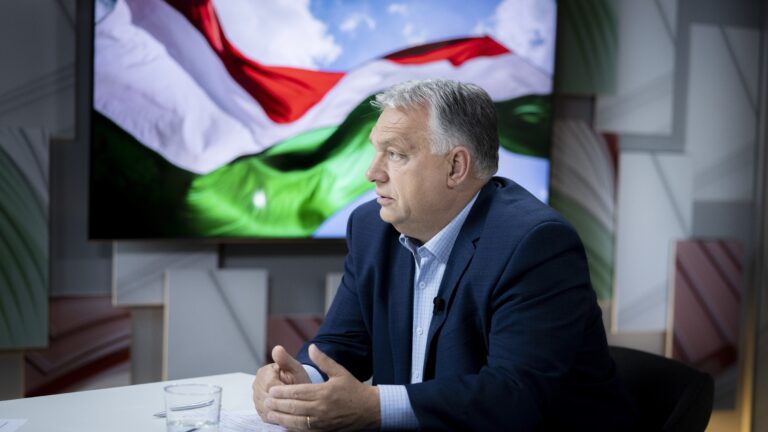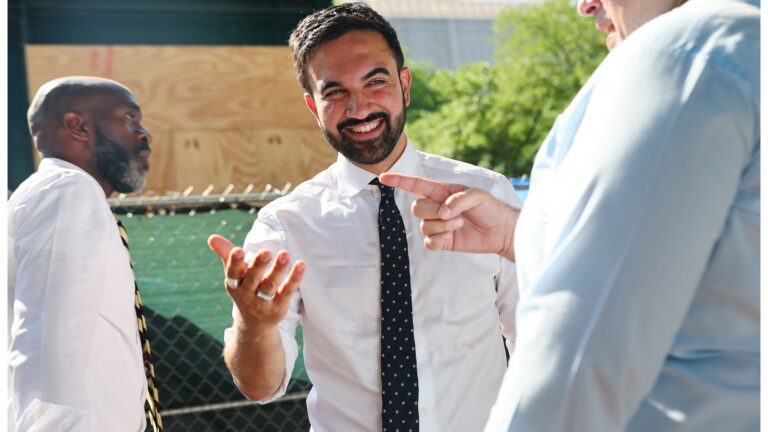The Hungarian, Polish, Czech and Slovak prime ministers emphasized the importance of their Central European alliance at the Visegrád Group (V4) summit on Thursday in Kosice, Slovakia.
In the six months following the outbreak of the Russia-Ukraine war, many pronounced the alliance of the V4 countries of Hungary, Poland, Slovakia and the Czech Republic dead, mainly as a result of the differences of opinion regarding the Russo-Ukraine war. Especially when the meeting of the V4 house speakers that was supposed to be held this past Friday was cancelled after legislative leaders from Czechia and Poland announced they would not attend, citing Hungary’s friendly relations with Russia. However, the statements made at the Prime Ministers’ Summit on Thursday suggested otherwise.
According to Hungarian Prime Minister Viktor Orbán, the Visegrád Group is a thirty-year-old success story, which was created because the member states were convinced that they had a lot of common interests and positions. He emphasized that the V4 countries agree on the strategic goals regarding Ukraine and Russia. Besides, Hungary also shares the opinion that Russia must not pose a threat to Europe’s security, and that it is important that Ukraine remain a sovereign state that can preserve its territorial integrity between NATO member states and Russia.
Polish Prime Minister Mateusz Morawiecki defended the Visegrád alliance on his Facebook page:
‘The Visegrad Group is a solid element of the European security structure. Recently, some people have only looked at us through what makes us different. We, on the other hand, came together to talk about what connects us, as the V4 is a very important forum for a comprehensive cooperation.’
Czech Prime Minister Petr Fiala said at the Kosice press conference that he was convinced that the V4 cooperation had meaning and a future, too, and that it would be continued at the ministerial level as well. He said the meeting in Kosice was important, as ‘an open dialogue could be held even on issues on which there were different views.’ While there were differences of opinion, the Czech PM acknowledged, there was an agreement on most of the essential issues regarding Ukraine, including the need to preserve the territorial unity of the country, and to help them militarily and financially in the fight against the Russian aggression.
(Editor’s note: Prime Minister Orbán even posed with his Slovak counterpart donning a scarf with the Slovak national colours and coat-of-arms and the inscription ‘Slovakia’ on it and posted the photo on social media with the comment: ‘Long live Hungarian-Slovak friendship!’ The gesture came after the recent Greater Hungary-scarf controversy in which Orbán was pictured wearing a scarf with the map of Greater Hungary at the football match between Hungary and Greece in Budapest. The prime minister clarified that the scarf had nothing to do with politics, rather expresses the fact that Hungarian football belonged to all Hungarian fans regardless of where they live.)
Slovak Prime Minister Eduard Heger also announced that he asked his colleagues for help in dealing with the emerging health crisis in his country. The government in Bratislava has still failed to reach a final consensus with the medical trade unions demanding a wage increase, as a result of which more than two thousand doctors have handed in their resignations.
Click here to read the original article

